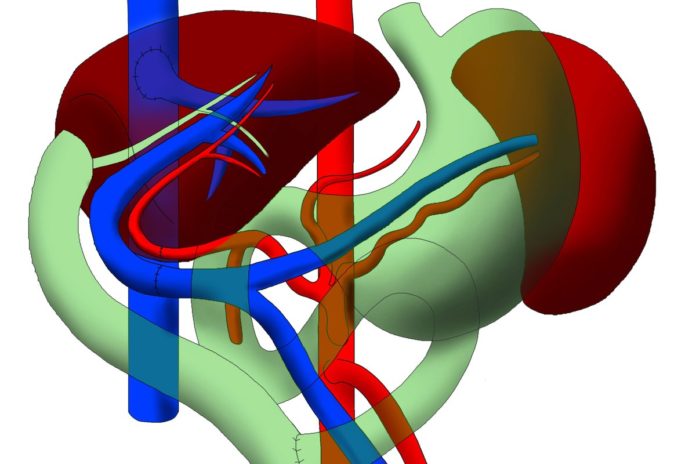Men and women who get gave organs can have diverse rates of transplant dismissal, at times affected by the sex of the benefactor, as indicated by another examination by agents at Brigham and Women’s Hospital (BWH).
The examination by the Harvard Gazette surveys what is at present thought about the impact of organic sex contrasts, conceivable systems that may clarify inconsistencies between dismissal rates for male and female beneficiaries, and what questions stay to be investigated.
Information on transplant dismissal rates has been associated with particular examples of giver and beneficiary sex in a few sorts of transplanted organs, including kidneys and hearts. In kidney transplantation, female giver sex has been related to an expanded rate of transplant dismissal, particularly among male beneficiaries.
In heart transplantation, organs from female givers have additionally had brought down rates of progress than organs from male benefactors; in any case, rather than kidney transplantation, these distinctions are just reliably exhibited in male beneficiaries and are truant in female beneficiaries.
The creators additionally take note of the significance of age — among ladies 45 and more established, they watched a beneficial outcome among female beneficiaries, particularly when they got a transplant from a female contributor.
Stefan G. Tullius, chief of the Division of Transplant Surgery at BWH and professor of surgery at Harvard Medical School said, “In solid organ transplantation, the importance and implications of the sex of both the donor and the recipient have long been underappreciated.”
“The differences may be subtle but I think they are very relevant, particularly as we move toward individualizing immunosuppression and try to find ways to be more specific in our treatment. I think understanding the relevance of sex differences will play a significant role in this.”
Scientists described two critical classes of sub-atomic sex contrasts that may impact insusceptible reaction and help represent the distinctive rates: hereditary qualities and hormones. Around 50 qualities on the X chromosome have immunological capacities and might be all the more dynamically communicated in females. The Y chromosome, then again, harbors hereditary loci for male-particular antigens. Diverse hormonal conditions in guys and females may impact various resistant cell composes that express hormone receptor.
The group likewise noticed that specific treatments that objective hormone receptors —, for example, particular estrogen receptor modulators — could be utilized as a part without bounds to focus on these hormonally intervened contrasts amongst male and female resistant reactions. Assist investigation in test and clinical models will be expected to decide whether this sort of remedial approach might be useful for organ transplantation.
Transplant dismissal is a confused wonder with numerous contributing variables, and the analysts take note of that bungled sex of a benefactor ought not to be cause for worry for transplant beneficiaries.
Their analysis is published this week in Trends in Immunology.
